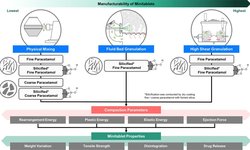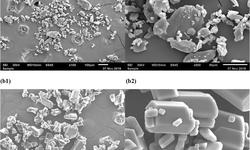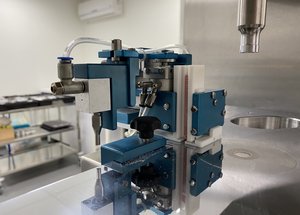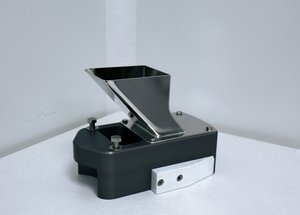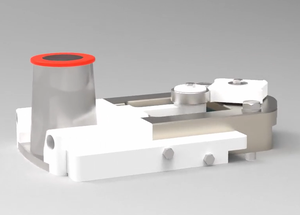Scientific papers
In this study, principal component analysis (PCA) and partial least squares regression (PLS) were used together to identify the key material descriptors influencing tabletability in direct compression and roller compaction. A comprehensive material library was created, encompassing 119 material descriptors and the tablet tensile strengths of 44 powders and roller compacted materials with different drug loads. This allowed for a systematic examination of how various material descriptors, raw API and filler properties, and the processing route affect tabletability. A PCA model was developed to reveal correlations between different powder descriptors and their respective characterization methods, enabling a reduction in analyses and resource savings. Subsequently, PLS models were built to pinpoint essential material attributes for tabletability, such as density, particle size, surface energy, work of cohesion, and wall friction. These attributes were demonstrated for the first time by PLS to be highly relevant for tabletability in roller compaction and direct compression. Additionally, PLS based on extensive material characterization facilitated the prediction of tabletability for materials not included in the model. This study thus underscored the usefulness of PCA and PLS in elucidating the relationships between powder properties and tabletability, contributing to more robust predictions of manufacturability in formulation development.
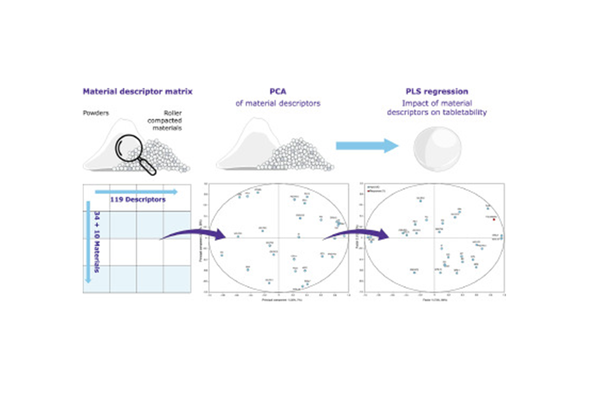
Comments
No comments posted yet.
Add a comment


